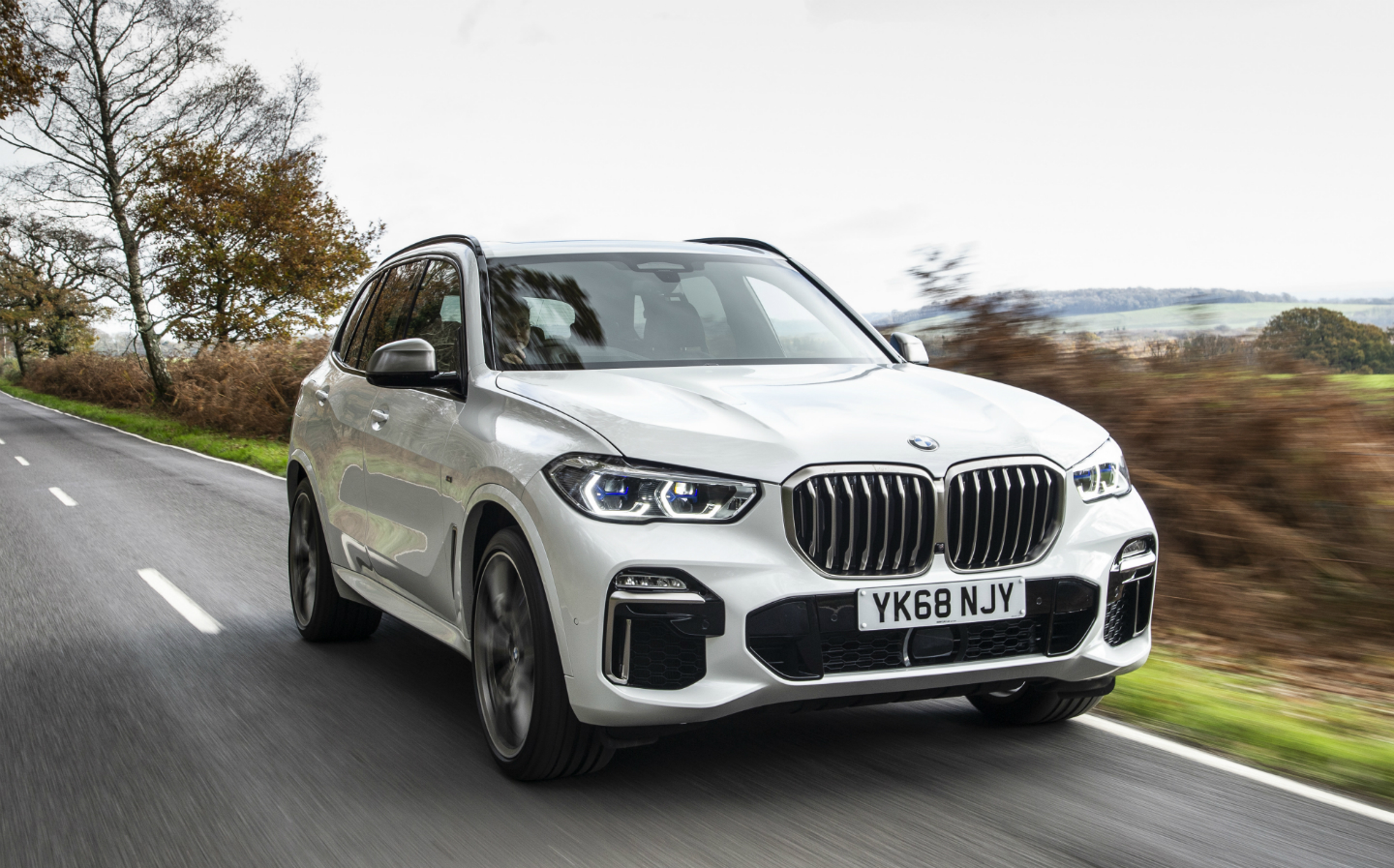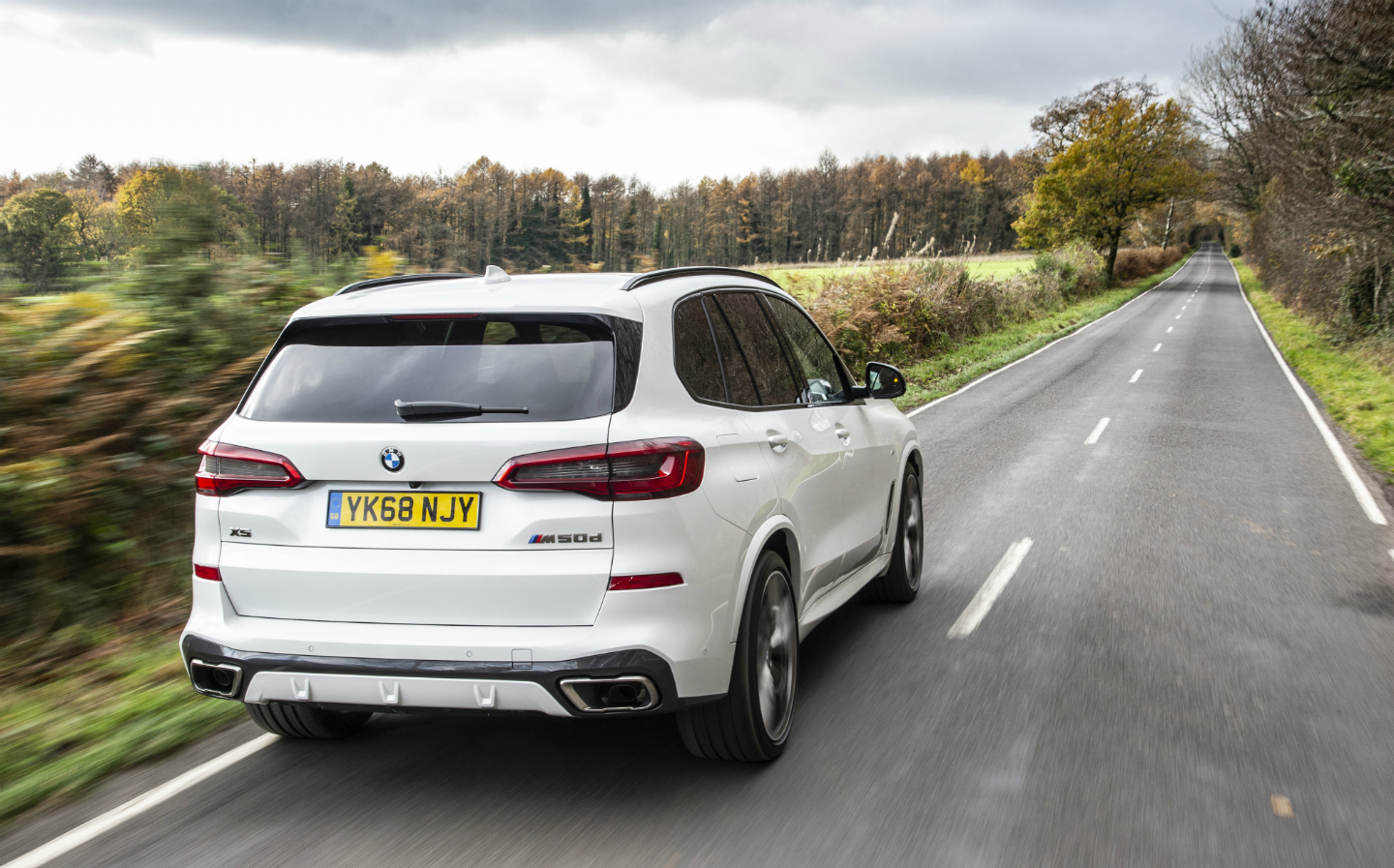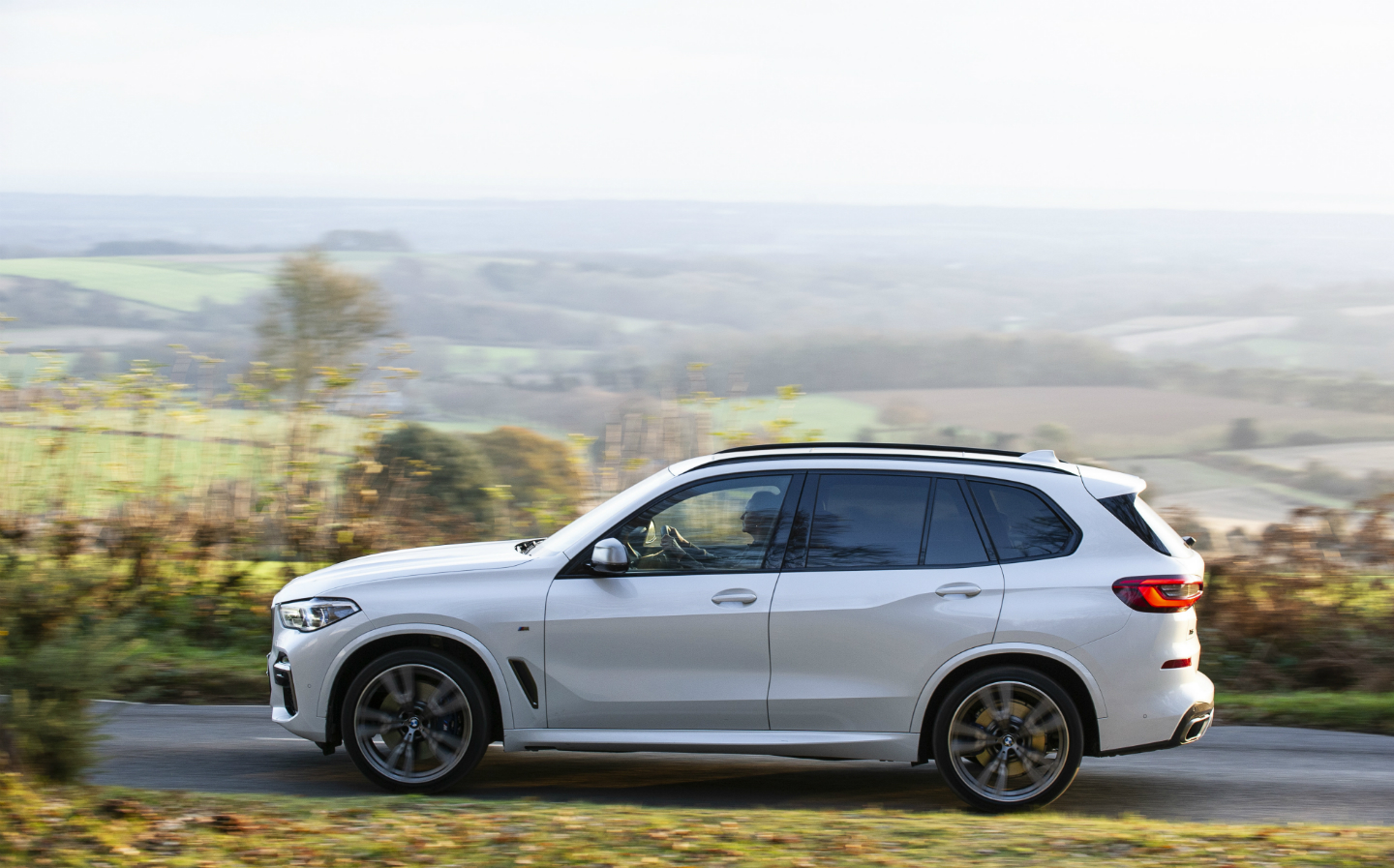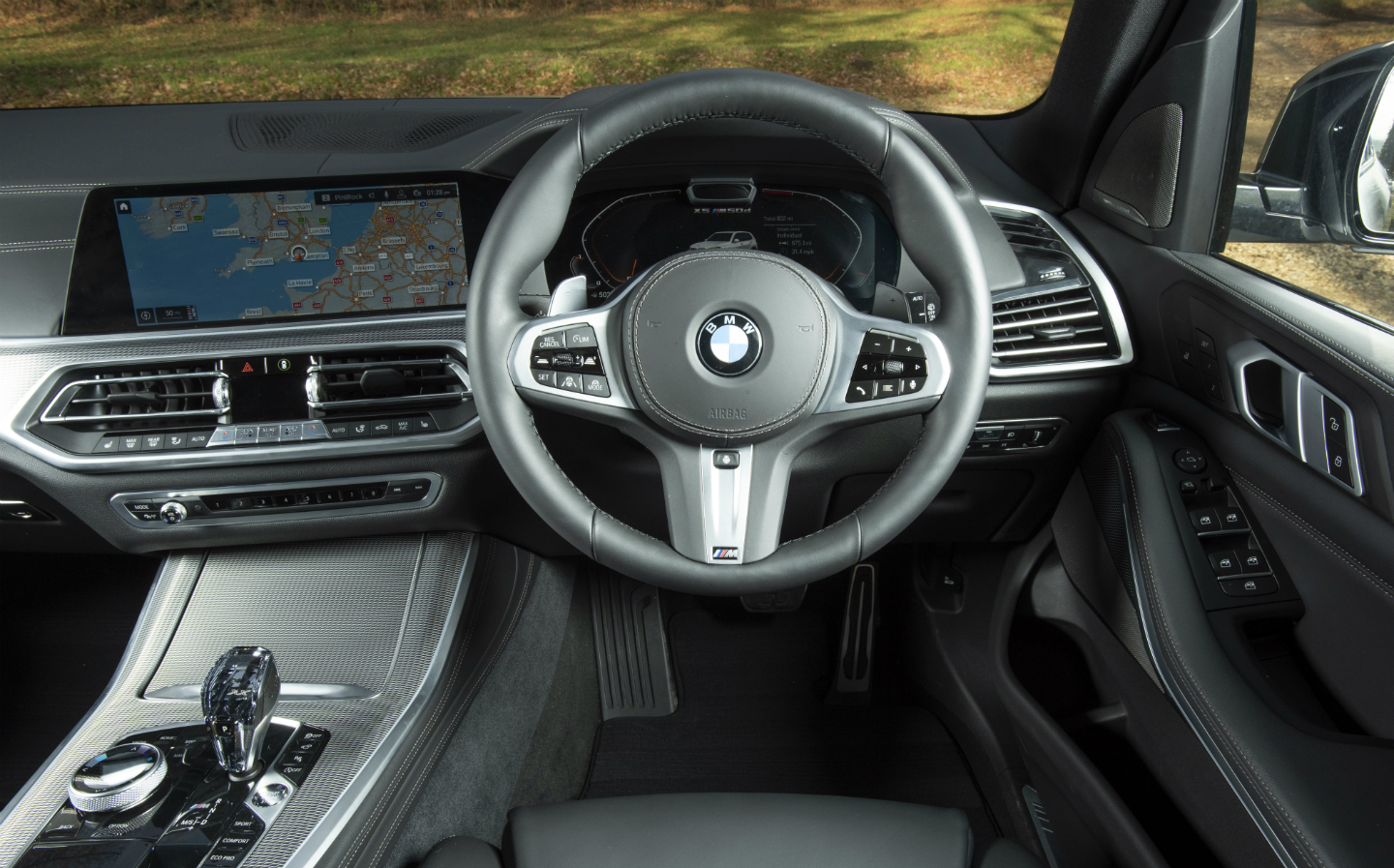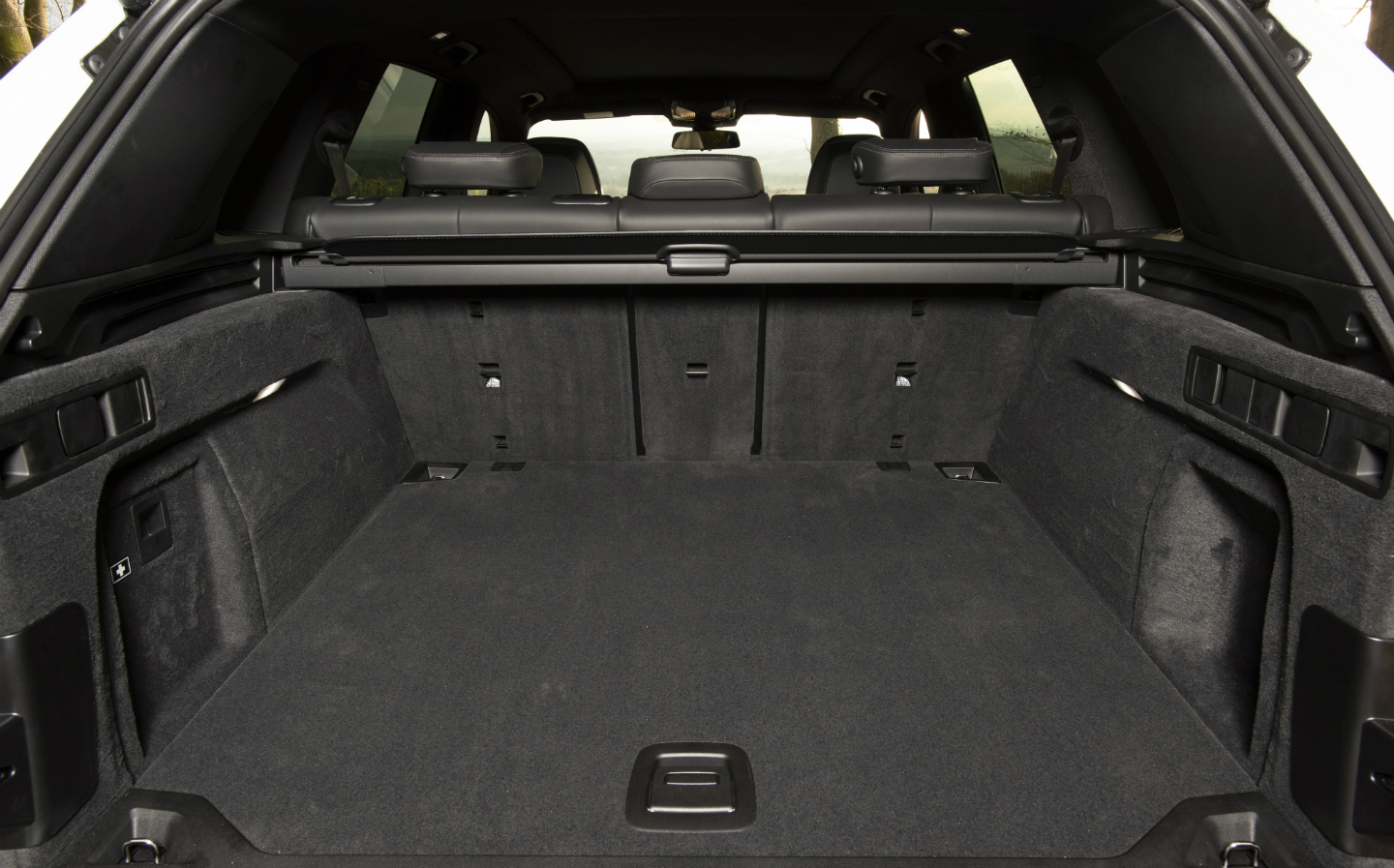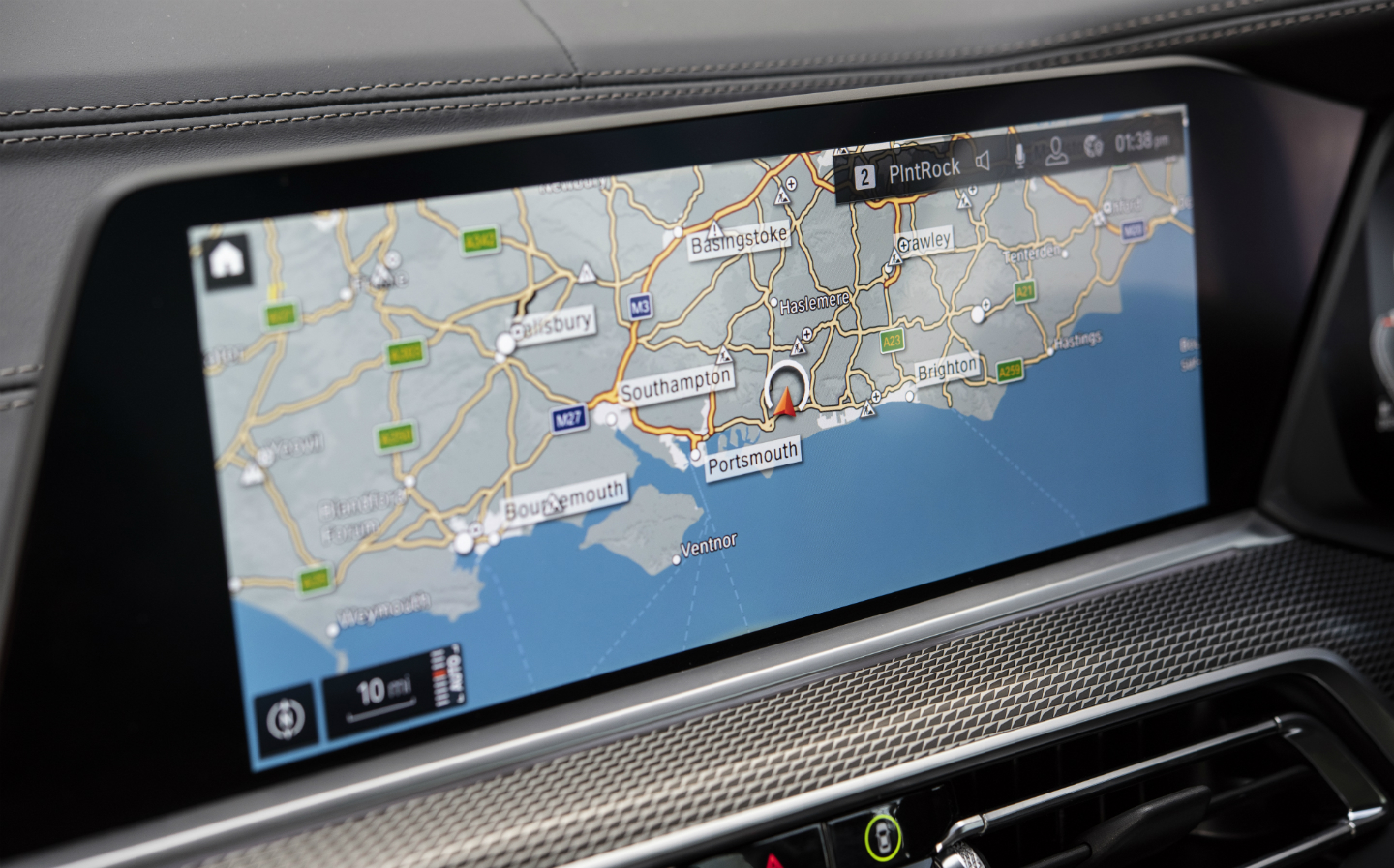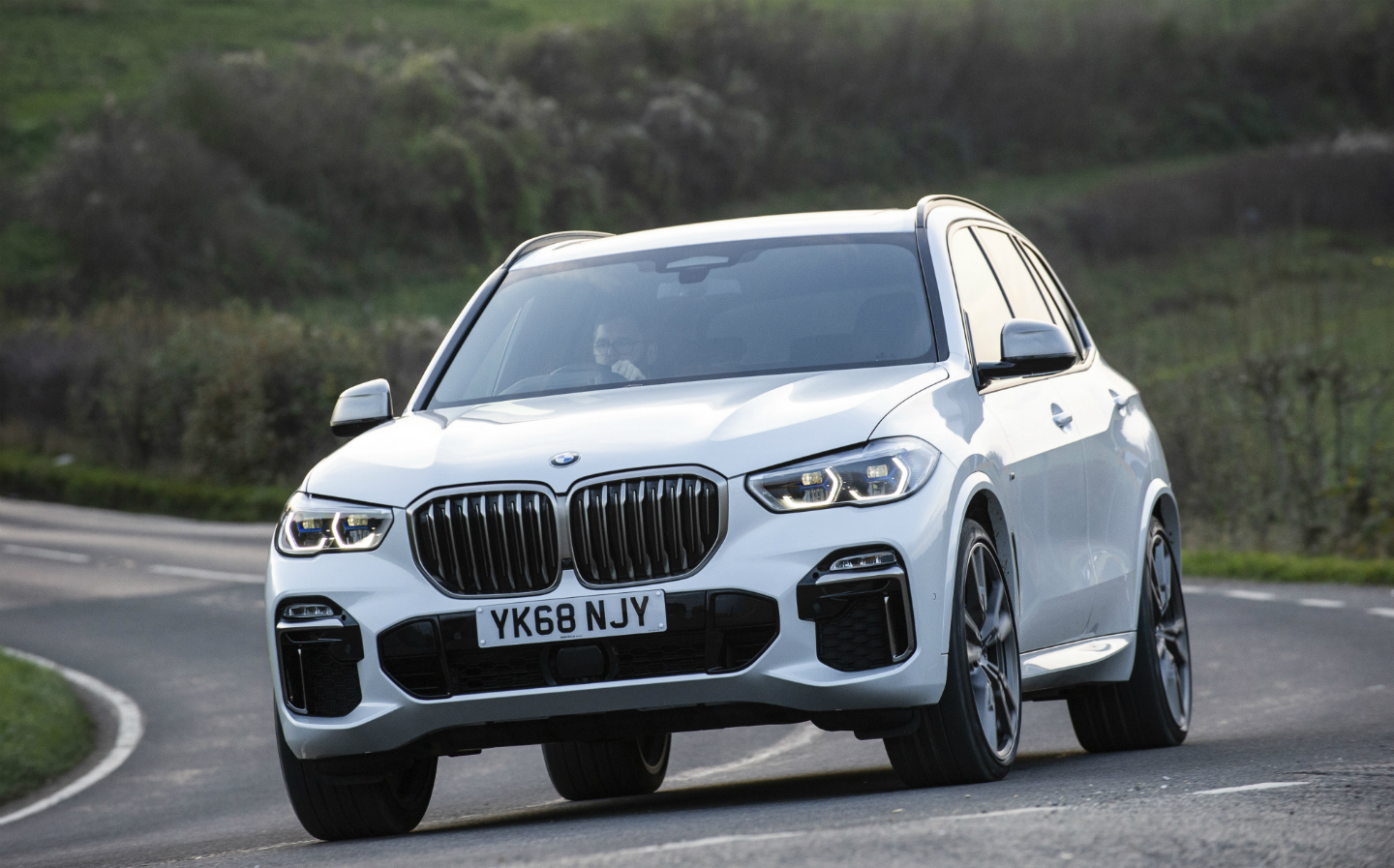2019 BMW X5: video review, prices, engines and specs
BMW's X5 is now bigger, bolder and more tech-laden than ever
BMW CLAIMS it found the “winning formula” with the first-gen BMW X5. Has the German car maker refined and improved that recipe with the new fourth-generation SUV?
What is the BMW X5?
BMW had a relatively straightforward job when it launched the original BMW X5 in 1999: back then, the only real rival it had was the Land Rover Discovery (or possibly the Range Rover). Fast forward 20 years, and there’s now a horde of rivals for the BMW to fend off (see a list of alternative cars below).
Despite this, BMW is confident this fourth-generation version will “once again set the standard” in the class. It’s certainly bigger than any X5 that’s come before, and the new gadgetry available makes it the most technologically advanced version to date as well.
What engines are available for the BMW X5?
At the time of writing, whether you want petrol or diesel power, all engines come with six cylinders. The most powerful M50d model packs a 394bhp diesel but the majority of X5 owners will likely go for the less potent but more affordable xDrive30d, with its 261bhp diesel.
Despite the difference in power, though, the two diesel X5s aren’t too dissimilar in terms of fuel economy. Under the new, tougher WLTP tests, the xDrive30d is rated at 34mpg to 37.7mpg whereas the M50d can return between 32.5mpg and 33.6mpg.
Petrol buyers have an easy job when specifying their car, as there’s only one engine available: a 335bhp unit in the xDrive40i. It should have plenty of power for day-to-day driving, though of course, fuel economy suffers; the 25mpg-27.7mpg figure is quite a bit down on what the diesels can manage.
No matter which engine you choose, the 2019 BMW X5 only comes with an eight-speed automatic transmission and all-wheel drive, while those not going for the range-topping M50d can select from two trim levels: xLine and M Sport.
Will there be a hybrid BMW X5?
A plug-in hybrid “iPerformance” version of the BMW X5 is on the way, says BMW, but it hasn’t been revealed when that will go on sale or for much it will cost. We do know the X5 plug-in hybrid will feature a petrol-electric powertrain with an output of 394bhp — so matching the M50d — and a pure-electric range of approx. 50 miles. Given its performance and economy potential, it could prove popular.
What technology does the BMW X5 have?
As a premium car, the BMW X5 comes packed with high end equipment. All models get adaptive air suspension, heated front seats, a parking assist that can help you fit the car into tighter spots, hand gesture controls for the infotainment systems and built-in sat-nav with real-time traffic update functionalities.
Quite a few options are available for the X5, too, including laser headlights, head-up display, a key with a touchscreen that allows you control some of the car’s functions (such as the height of the air suspension), rear-seat touchscreen entertainment, a Bowers & Wilkins stereo, four-zone climate control and an offroading pack.
Weirdly, while Apple CarPlay connectivity is standard kit on the new X5, Android Auto is conspicuously absent from the standard and optional equipment lists. Maybe BMW doesn’t think users of Samsung, Huawei, Sony, LG, Google, etc. smartphones are worthy of its cars.
How much does the 2019 BMW X5 cost?
Prices for the xDrive30d start at £47,495, with the xDrive40i costing from £58,885. The range-topping M50d begins at £71,475. Prices for the plug-in hybrid X5 iPerformance are yet to be announced, at the time of writing.
What are the BMW X5’s rivals?
If you’re shopping around for a premium SUV, you’ll have plenty of options to compare the BMW X5 with. Rivals to the BMW include the Audi Q7, Porsche Cayenne, Volkswagen Touareg, Range Rover Velar, Land Rover Discovery, Mercedes GLE and Volvo XC90.
Tweet to @ST_Driving Follow @ST_Driving


